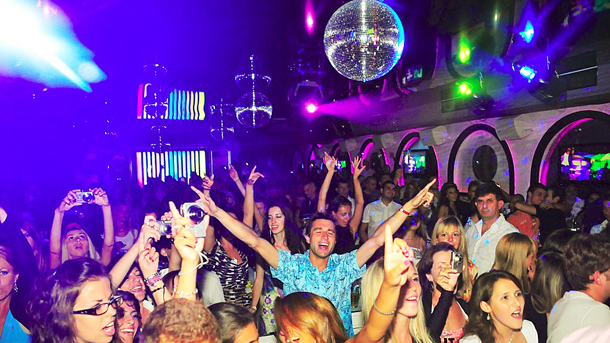The future of Bulgarian Black Sea tourism has become a hot topic this month in the context of massive checks of noise levels in the resort of Sunny Beach. Inspections led by Deputy Prime Minister Valeri Simeonov that included even confiscation of audio equipment have prompted a few protests of owners and managers of bars and nightclubs. They have claimed anti-noise action has ruined their business. One example to back this claim is that the biggest electronic music festival Solar Summer has been canceled in the wake of inspections. Hotel managers though have supported the efforts of the deputy prime minister to make sure noise levels in the huge resort return to normal.
As a separate news story last week, Bulgarian Minister of Tourism Nikolina Angelkova declared the will of the government to implement new regulations for national resorts with a view to responding to the needs of tourists. New regulations will be introduced via amendments to the Tourism Act and should be ready by October. After a status for every resort has been determined it is aimed to regulate all activities, as well as its infrastructure and architectural parameters. Besides, there will be regulations of noise levels by means of delineating zones for recreation, entertainment and trade. Amendments, the minister vowed, will set clear differences between a resort complex and a municipality.
 Minister Angelkova also referred to the experience of other countries where there is a differentiation of resorts for entertainment, on the one hand, and for family holidays on the other. She advocates such a differentiation in Bulgaria too.
Minister Angelkova also referred to the experience of other countries where there is a differentiation of resorts for entertainment, on the one hand, and for family holidays on the other. She advocates such a differentiation in Bulgaria too.
In connection with the plans of central government to divide resorts into entertainment and family ones, the Bulgarian National Radio has addressed experts in tourism. Svetlana Atanasova, President of the Board of Directors of the Bulgarian Association of Travel Agents, summed up the issue as follows:
“Resorts in Bulgaria differ largely. They differ largely as to how many tourists they can receive, so it will be very difficult to implement this idea.”
Svetlana Atanasova pointed out that Bulgarian Black Sea destinations were preferred mostly for family holidays.
Former minister of tourism in the caretaker cabinet Stela Baltova, an associate professor of economics, also voiced skepticism over the differentiation of resorts.
Ms Baltova picked as an example Sunny Beach, the talk of the day, with its 200 hotels, 15,000 retail outlets (including bars and restaurants, stores etc.) and as many as 300,000 beds for accommodation of tourists. Like all traditional Bulgarian Black Sea resorts this one used to be state-owned and was privatized in the aftermath of 1989 resulting in massive construction of new hotels and infrastructure.
“I am aware of suggestions for making Sunny Beach and other such complexes into places exclusively focused on entertainment, or the so-called noisy resorts. I think this is impossible. Revisiting the privatization and the development of the new infrastructure in this particular case and in the case of other resorts of national importance, my view is that many mistakes have been made. However, having in mind the capacity of Sunny Beach and of other national resorts, it is a very farfetched idea to try and sell it as an entertainment-only resort. Its accommodation base is huge. Also, the resort has been for many years been marketed as a choice for family tourism, so I think there is no way going back.”
Stela Baltova referred to the regulations aimed to cut noise levels in Ibiza, Spain, which have been recently seen as a model for tackling similar problems in Bulgaria. She explained that its analogue would be adopted by the municipal authorities and then put to a public discussion. In this way, she argued, there will be enough time for its enforcement for the start of next year’s active summer season.
 “There are two unconditional factors for the development of Bulgarian tourism”, Stela Baltova went on to say. “In the first place, the guest, the tourist, should be the focus of the whole business of tourism – of hotel managers, travel agents and institutions. The same is true of the image of the destination, the second important factor. Let me make a point here that discussing mostly problems at the peak of the summer season is wrong communication. We should not communicate so loudly the problems while neglecting the good things happening to Bulgaria’s summer tourism. Otherwise, it looks as though we have the beaches for the summer and nothing else, and this is not true.”
“There are two unconditional factors for the development of Bulgarian tourism”, Stela Baltova went on to say. “In the first place, the guest, the tourist, should be the focus of the whole business of tourism – of hotel managers, travel agents and institutions. The same is true of the image of the destination, the second important factor. Let me make a point here that discussing mostly problems at the peak of the summer season is wrong communication. We should not communicate so loudly the problems while neglecting the good things happening to Bulgaria’s summer tourism. Otherwise, it looks as though we have the beaches for the summer and nothing else, and this is not true.”
Source: Horizont, BNR
English Daniela Konstantinova
Photos: libraryFans of rafting in Bulgaria are already making their first descents on the Struma River near the Kresna Gorge in Southwestern Bulgaria. The months of March, April and May are suitable for groups looking for more adrenaline, as the river is fuller and..
Enthusiasts behind the digital project "Bulgaria in the Palm of Your Hand" are showcasing the country's architectural heritage with a twist. Their recent video release highlights iconic structures from Bulgaria's socialist era. According..
In 2024, Germans have placed Bulgaria in 8th place for early booking of summer holidays. After the coronavirus pandemic, there was a decline in the number of German tourists visiting Bulgarian resorts. Now, however, Germans have started to book early..

+359 2 9336 661
